We are in port about a 30 minute bus ride to Accra, Ghana. Rob and went on a trip yesterday with our Dean, Bob Chapel, and his wife and other faculty and students to the Communications College of the University of Ghana. We were treated as honored guests. We were ushered from the bus to chairs set up in the shade to watch a very lively performance of dance and music by about 9 young men and 4 young woman who looked to be students. They had matching cotton costumes and looked as if they loved every minute of the performance. I can't imagine how they had the energy to dance so hard and so fast every second for about 30 minutes. We all enjoyed the performance. Then were were ushered up stairs to have a typical Ghanaian lunch (feast is more like it). The food was very good. Their own food is quite spicy hot, so they had some plain rice and a few not spicy dishes which I think were just for us. We ate at round tables with their own college students and faculty mixed in with ours. After lunch they had a lecture for us by one of their faculty members. Then more dancing and singing and drum playing before we left. The official language is English, but each of the hundred or so ethnic groups (they do not use the word "Tribe" and are, in fact, offended by it) has its own language. The student seated next to me spoke five languages and had never been out of Ghana, maybe not even far out of Accra. Some students live in a dormitory, but many live in Accra with their families (as did the student next to me).
The road in from the ship is a nice big highway, in good repair. What we saw on the about 45 minute drive to the College a great deal of poverty--many huts and small (tiny) business made haphazardly of wooden boxes and such with corrugated metal roofs. We passed over a hundred people selling things by the side of the road. At stop lights they ran into the street selling things to the people in cars. Here are some of the items I remember being sold, banana chips, bread (as in wonder bread type bread in plastic bags, cold drinks--coca cola and such--, soccer balls, pretzels, melons, and maps. More was for sale. Apparently local people by food and such from these vendors. Many vendors or most had large bowls or trays balanced on their heads. Mostly woman, but also many men. They were all very good a balancing heavy loads on their heads. Other people walking in the streets used their heads to carry heavy loads.
The traffic was heavy, so there are lots of cars here. The local industry includes a Coca-cola plant, a Nestles Plant, Steel plants, all using local natural resources. The coco plant thrives here, even though it is not native to Ghana, and coco beans are the largest part of the Ghanaian economy. You probably already know that Ghana is rich in natural resources including gold, diamonds, bauxite, coco beans--and now oil has been discovered off shore. Ghana has a wealth of natural resources enriching the Colonial powers originally (the English, Dutch, French) but not the people of Ghana who are quite poor. Now foreign investors now reap the rewards of Ghanaian resources. We Semester at Sea people hope that the Ghanaians will find a way to share in the money from the new-found oil. Ghana does no have the money to invest nor the expertise among its people to drill for the oil. Could the oil be one of the many reasons Obama came here? I am not speaking against our President. Ghana is the safest, most democratic, and possibly the least poor country in Africa--all things Obama would want to encourage. Being less poor does not keep Ghana from being grindingly poor. There are some wealthy and some middle class Ghanaians, but the vast majority are not.
I don't ever in my life remember being in such a racially homogeneous group of people.
Lunch time.
- From Ellen
- Rob and I are going around the world on the 100th voyage of Semester at Sea. We board our ship, the MV Explorer, a floating college campus, in Norfolk, VA on August 24 with the rest of the 30 faculty members and their families. We arrive in our first port, Hallifax, Novia Scotia, on August 27 where 650 college students from 250 colleges and universities come on board to begin their Semester at Sea, for which they earn credit toward their bachelors degrees. When you are on the Interactive map, you can click on each port to see when we are there and see information about each port.
Wednesday, September 23, 2009
Subscribe to:
Post Comments (Atom)

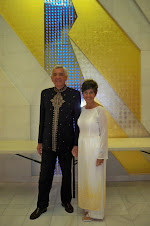
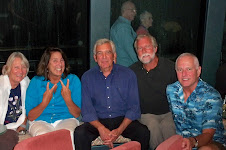
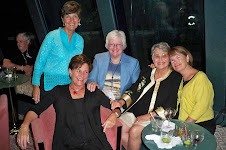
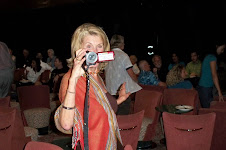
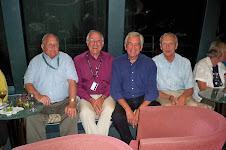
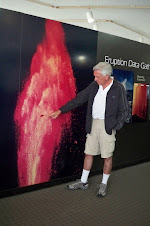
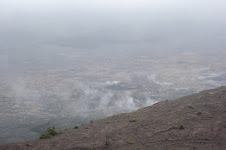
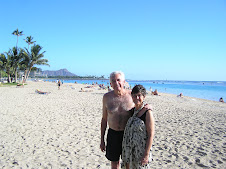
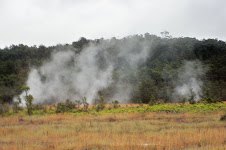
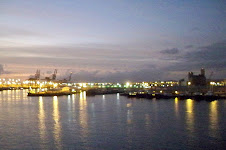
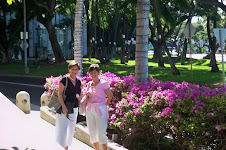
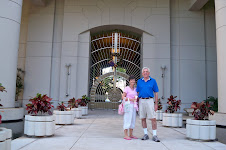
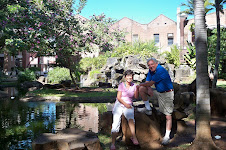
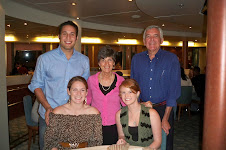
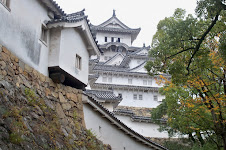
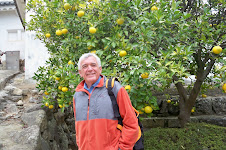

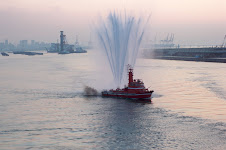
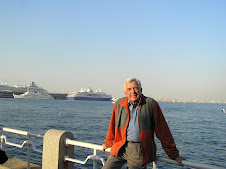
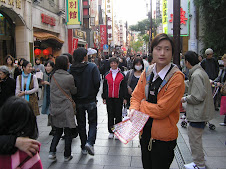
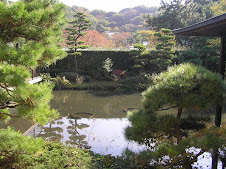
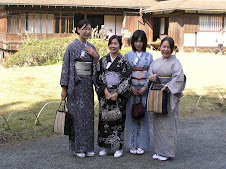
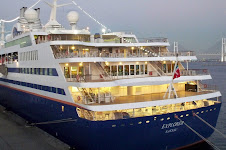
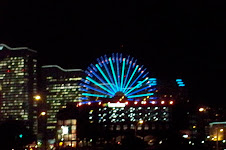
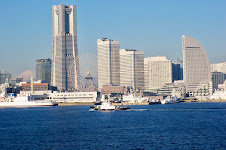
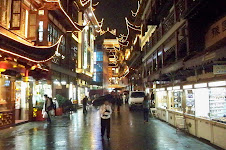
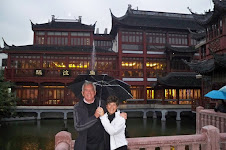
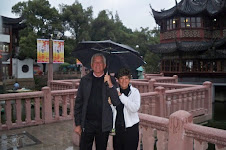
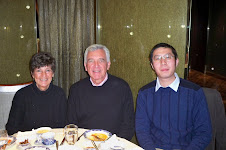
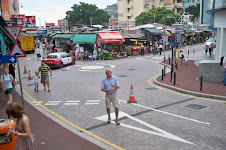
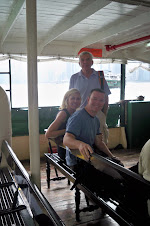
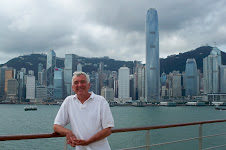
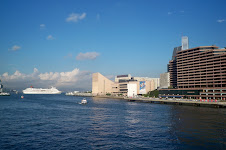
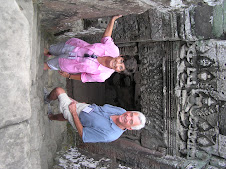
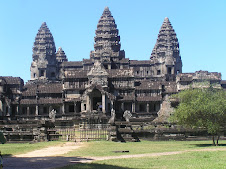
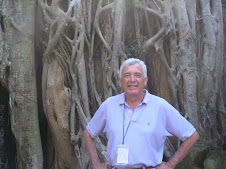
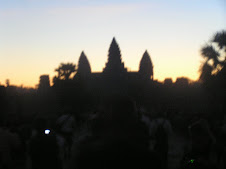
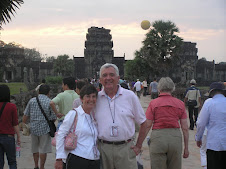
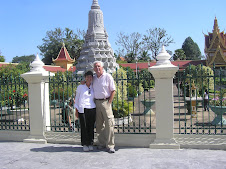
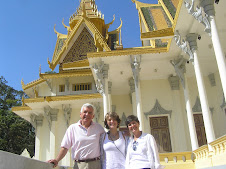
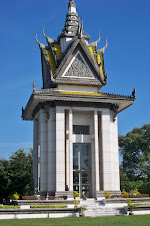
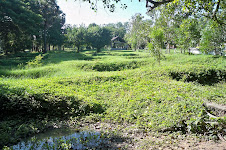
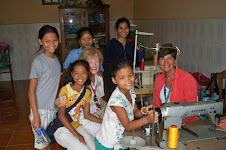
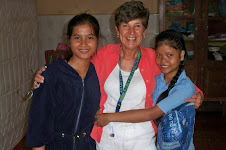
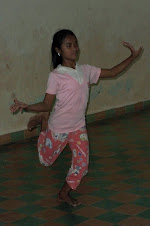
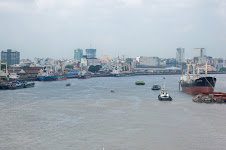
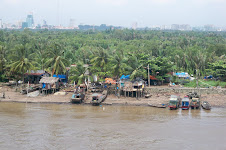
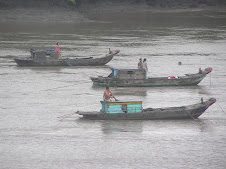
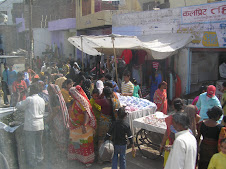
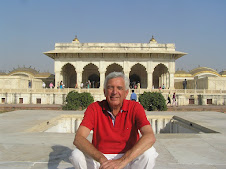
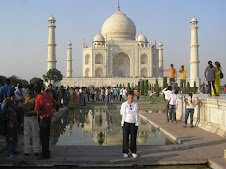
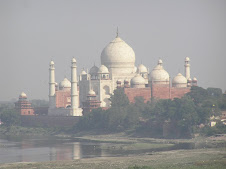
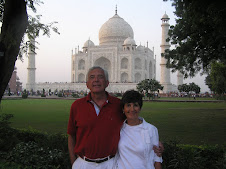
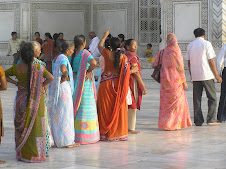
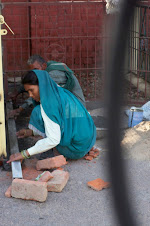
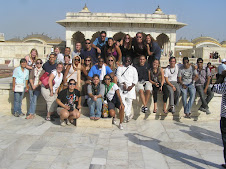
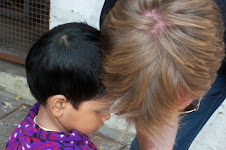
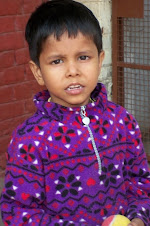
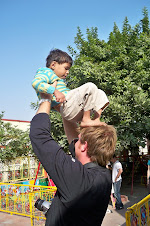
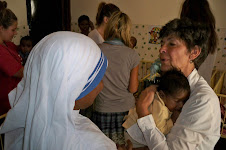
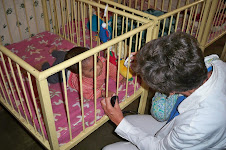
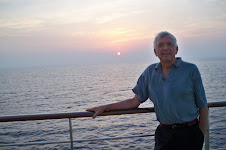
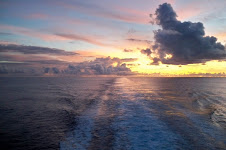
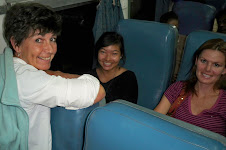
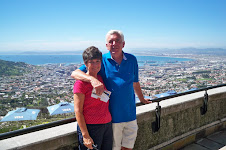
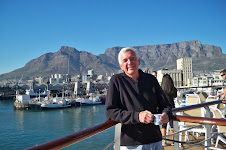
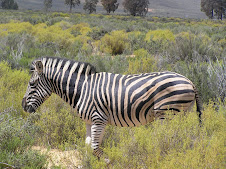
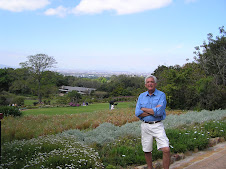
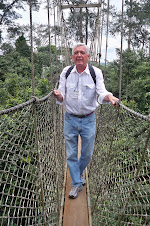
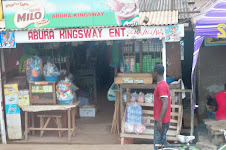
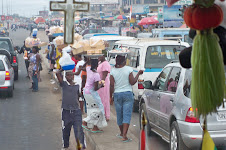
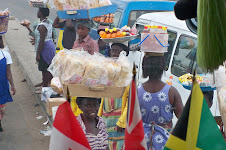
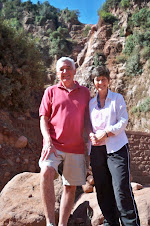
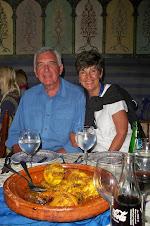
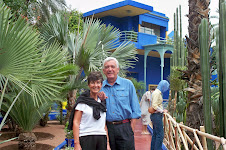

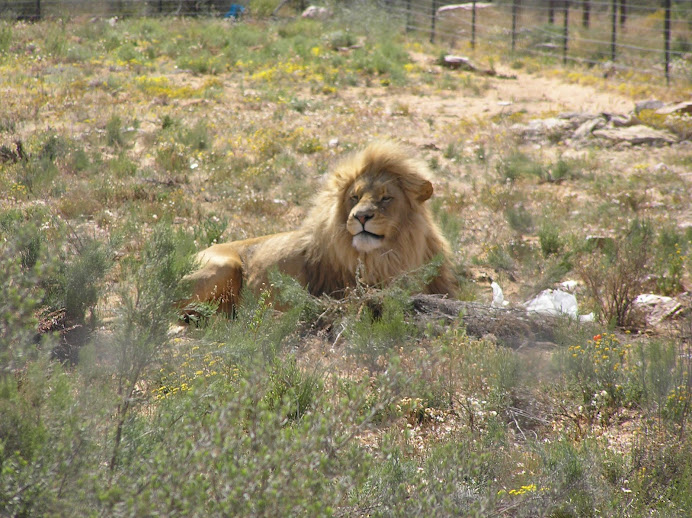
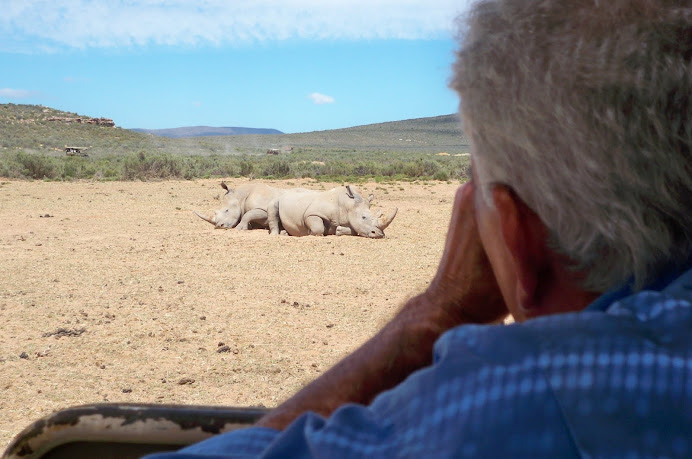
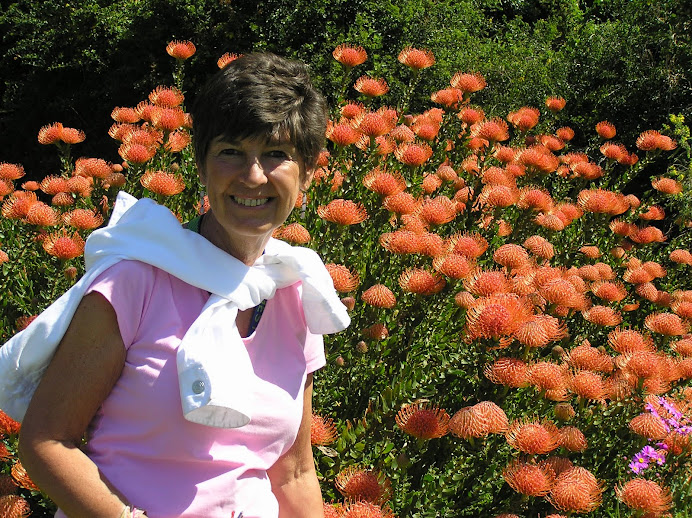
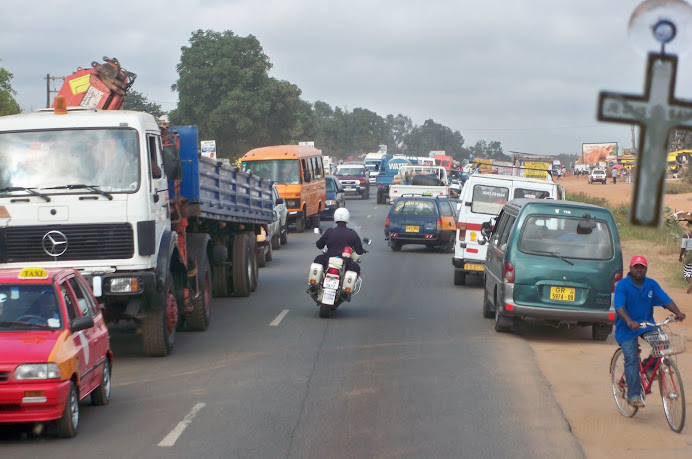
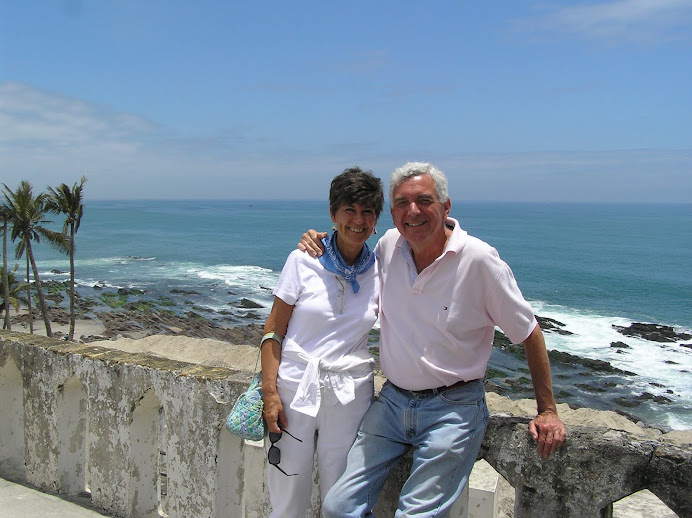
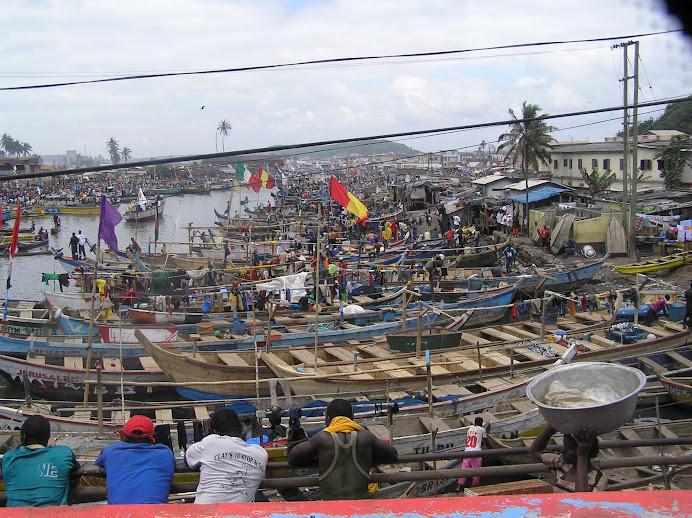
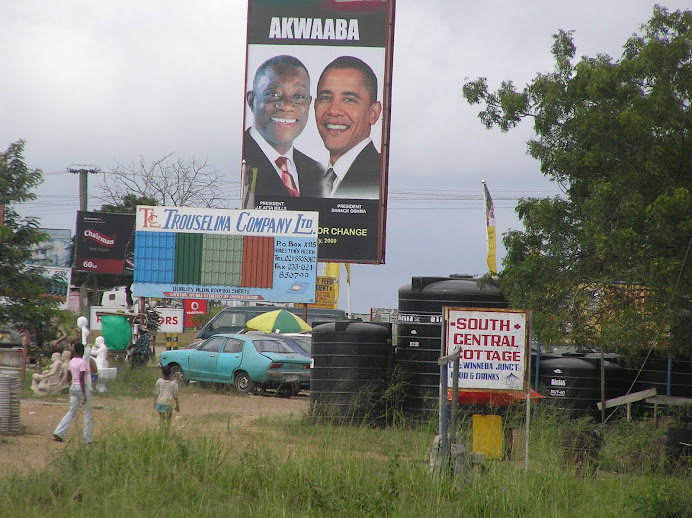
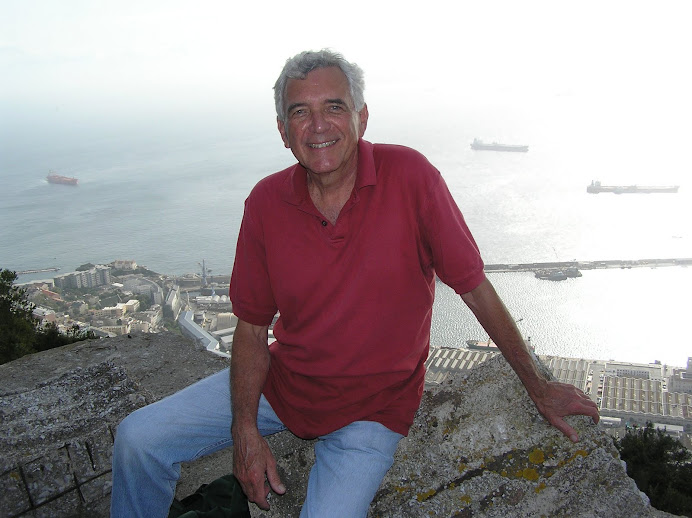
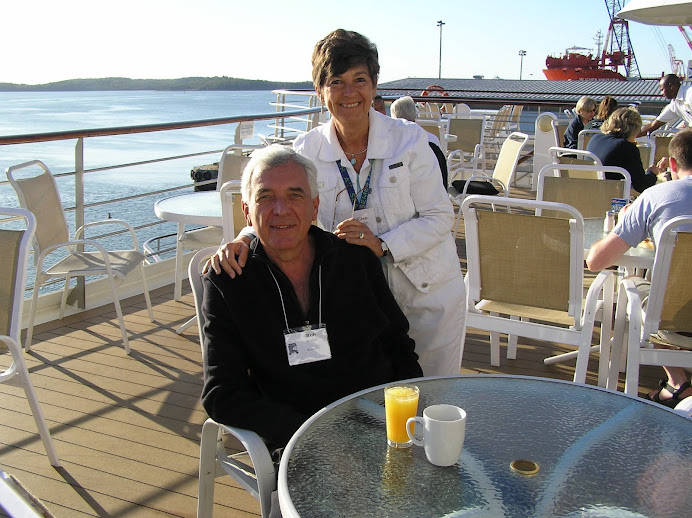
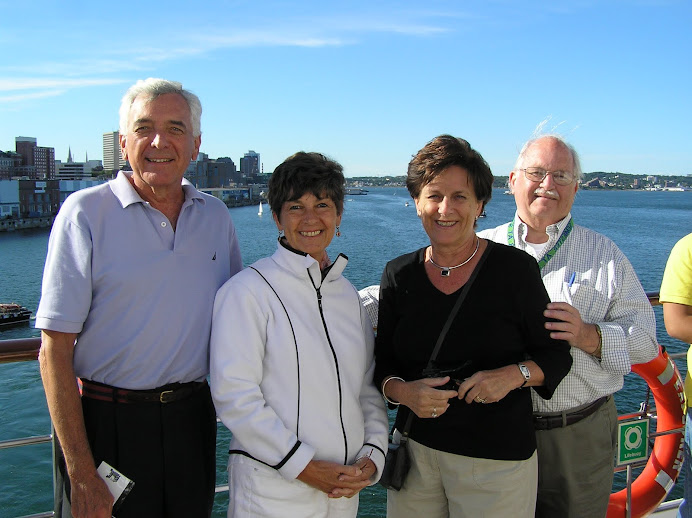
No comments:
Post a Comment